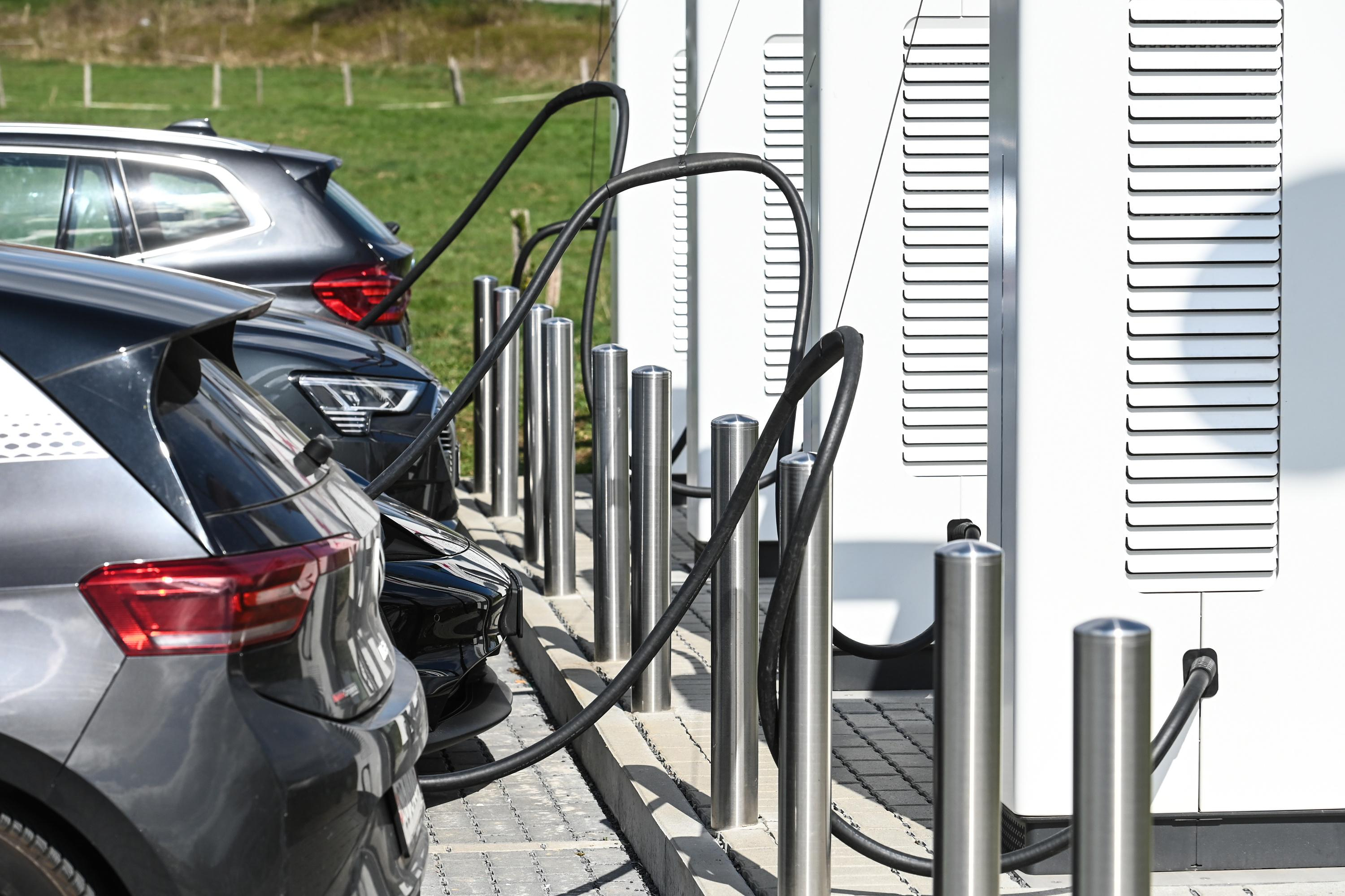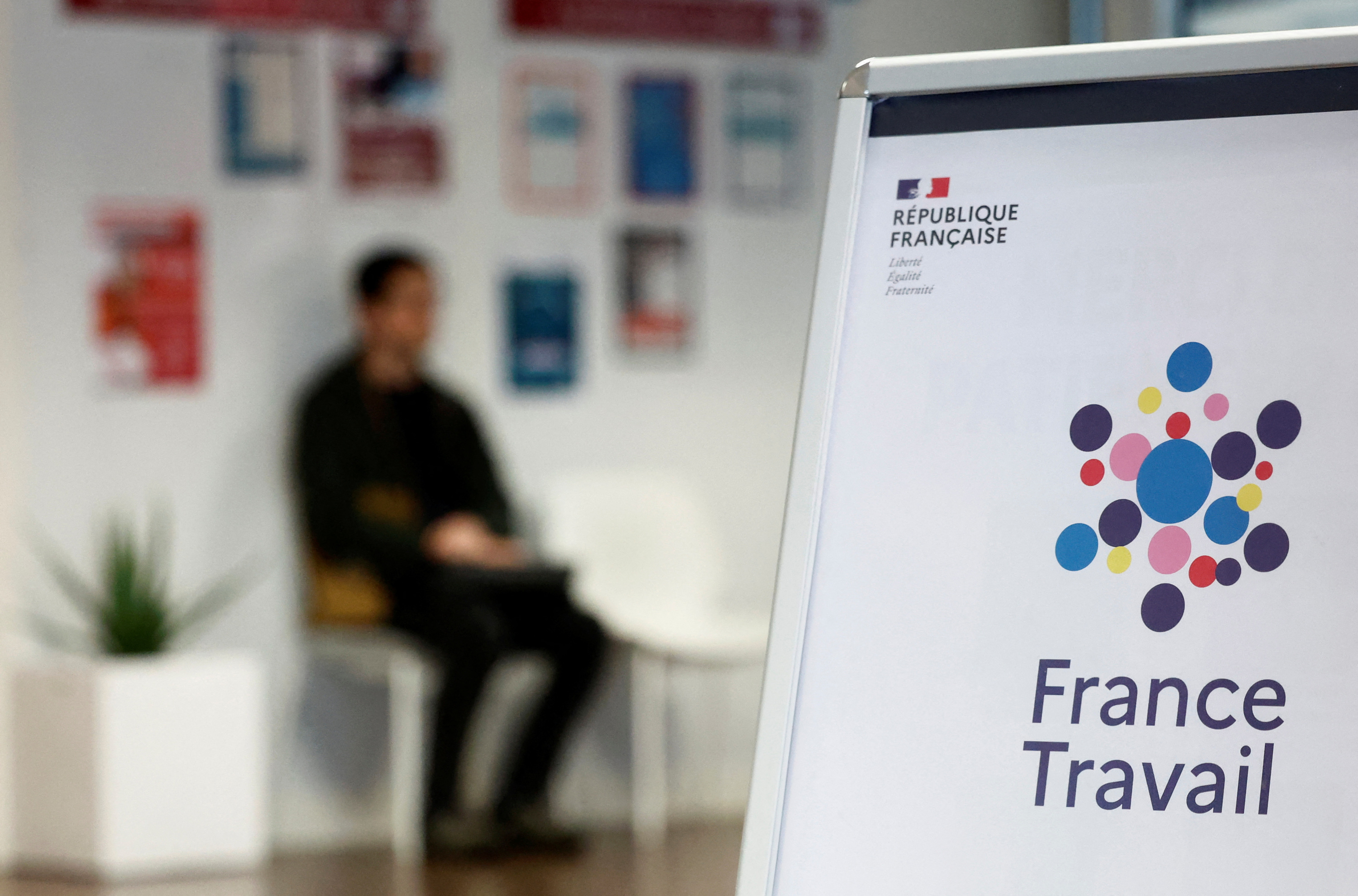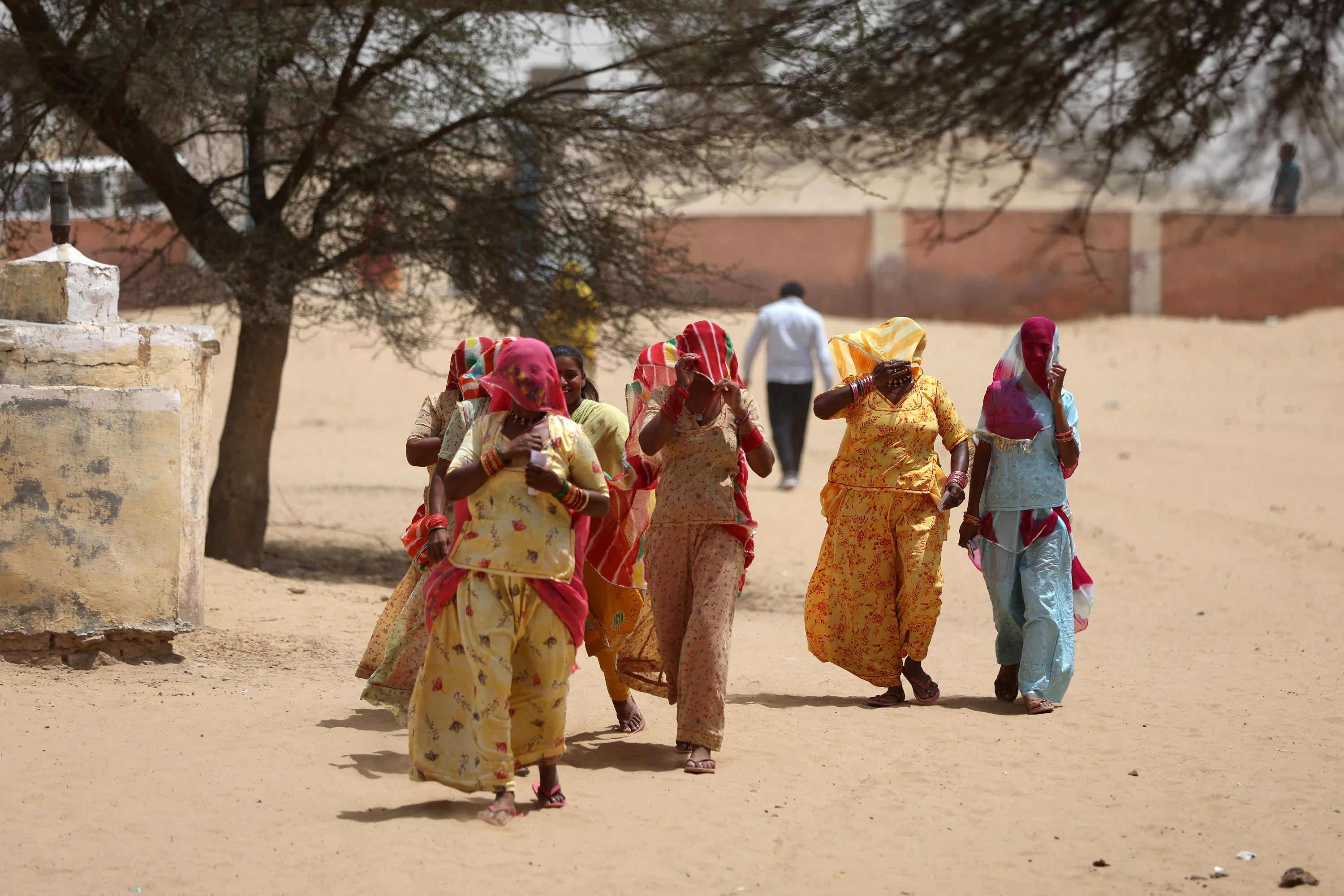I was on my way to the FDP's traditional Epiphany meeting in Stuttgart when I called back a young man who had called my office shortly before. His voice cracked when he told me who he was: Majid Kazemi's cousin. I could do something with that. A few weeks earlier, I had taken on the political sponsorship of a man facing the death penalty in Iran for protesting against the regime. His name: Majid Kazemi.
The most significant and violent protests of recent decades have taken place in Iran over the past few months. Many thousands of people have taken to the streets to demand freedom and equality. The anger of the population was sparked by the violent death of Mahsa Amini, which is part of the systematic violation of women's, human and civil rights in Iran.
At first it was mostly women who held up protest signs and cut off their hair. "Jin, Jiyan, Azadî" they called, woman, life, freedom. But the longer the protests lasted, the more men showed solidarity with the women's struggle. One of them is Majid Kazemi. He has been in prison in Isfahan since November and was sentenced to death in January.
Majid was severely tortured until he confessed to the crimes he was accused of. When he showed up for court dates, he could barely walk. In one of the rare phone calls after his incarceration, he told his family how he was beaten and beaten until he said what they wanted to hear from him. His family recorded Majid's voice and shared the recording on the internet. As punishment, Majid was placed in solitary confinement and further contact with his family was banned.
According to human rights organizations, more than 500 demonstrators, including up to 70 children, lost their lives during the protests. Four protesters have also been executed since December. Tens of thousands were arrested and more than a hundred death sentences were pronounced. Most of the defendants, like Majid, were convicted after forced confessions in show trials – without witnesses or lawyers.
The mullahs' regime believes protesters like Majid are waging "war against God." In fact, however, the Iranian regime is waging a war against its own people, who want nothing more than freedom.
Each execution is evidence of the regime's fear of the demonstrators. The mullahs are trying at all costs to destroy the vision of the future that their people are demonstrating for. But what future can a regime that kills its own youth hope for?
One thing must be clear to those responsible: the executions will not suffocate the protests, but will prompt many more people around the world to take to the streets. The pressure will increase, the world is watching.
In Germany we stand by the courageous demonstrators - and that must also be made clear through our policies. We must now impose further effective sanctions against responsible individuals and organizations that use repression and violence. This includes finally classifying the Iranian Revolutionary Guards Corps (IRGC), which has been fueling terrorism, violence and unrest for years, as a terrorist organization. It is therefore right that the prerequisites for this are currently being examined at EU level.
Majid's cousin told me on the phone about his family, who are based in Isfahan and are desperate as to whether they will ever hug their son again. They are all surprised, but above all incredibly grateful for the German interest in Majid's fate.
It is our duty to protect the political prisoners in Iran by granting them publicity. The political sponsorships build on this: politicians use their reach to draw attention to the many individual cases. The sponsors write to the Iranian ambassador and demand fair trial conditions, point out the circumstances of each individual case and demand justice. The Iranian ambassador has not answered most of them, including me.
Majid has three brothers, one sister, and a family that loves him. With his protest he risked nothing less than his life. It is a question of respect for his courage not to stop fighting for his freedom and that of all other political prisoners.
At the Epiphany meeting we talked about how things should continue in our country and what course we need to set for the future. What keeps going through my head these days: How grateful we can be that we can talk about a future with such a matter of course. The people of Iran cannot do that. It is our job to give them a voice in the free world.
Christian Dürr is the leader of the FDP parliamentary group in the German Bundestag.

 Germany: the trial of an AfD leader, accused of chanting a Nazi slogan, resumes this Tuesday
Germany: the trial of an AfD leader, accused of chanting a Nazi slogan, resumes this Tuesday New York: at Columbia University, the anti-Semitic drift of pro-Palestinian demonstrations
New York: at Columbia University, the anti-Semitic drift of pro-Palestinian demonstrations What is Akila, the mission in which the Charles de Gaulle is participating under NATO command?
What is Akila, the mission in which the Charles de Gaulle is participating under NATO command?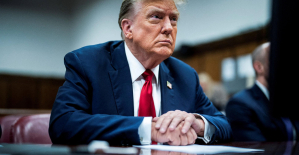 Lawyer, banker, teacher: who are the 12 members of the jury in Donald Trump's trial?
Lawyer, banker, teacher: who are the 12 members of the jury in Donald Trump's trial? What High Blood Pressure Does to Your Body (And Why It Should Be Treated)
What High Blood Pressure Does to Your Body (And Why It Should Be Treated) Vaccination in France has progressed in 2023, rejoices Public Health France
Vaccination in France has progressed in 2023, rejoices Public Health France Food additives suspected of promoting cardiovascular diseases
Food additives suspected of promoting cardiovascular diseases “Even morphine doesn’t work”: Léane, 17, victim of the adverse effects of an antibiotic
“Even morphine doesn’t work”: Léane, 17, victim of the adverse effects of an antibiotic Orthodox bishop stabbed in Sydney: Elon Musk opposes Australian injunction to remove videos on X
Orthodox bishop stabbed in Sydney: Elon Musk opposes Australian injunction to remove videos on X One in three facial sunscreens does not protect enough, warns L'Ufc-Que Choisir
One in three facial sunscreens does not protect enough, warns L'Ufc-Que Choisir What will become of the 81 employees of Systovi, a French manufacturer of solar panels victim of “Chinese dumping”?
What will become of the 81 employees of Systovi, a French manufacturer of solar panels victim of “Chinese dumping”? “I could lose up to 5,000 euros per month”: influencers are alarmed by a possible ban on TikTok in the United States
“I could lose up to 5,000 euros per month”: influencers are alarmed by a possible ban on TikTok in the United States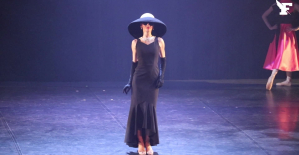 Dance, Audrey Hepburn’s secret dream
Dance, Audrey Hepburn’s secret dream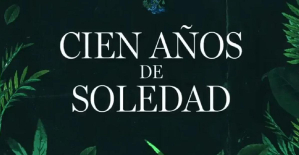 The series adaptation of One Hundred Years of Solitude promises to be faithful to the novel by Gabriel Garcia Marquez
The series adaptation of One Hundred Years of Solitude promises to be faithful to the novel by Gabriel Garcia Marquez Racism in France: comedian Ahmed Sylla apologizes for “having minimized this problem”
Racism in France: comedian Ahmed Sylla apologizes for “having minimized this problem”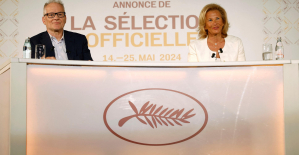 Mohammad Rasoulof and Michel Hazanavicius in competition at the Cannes Film Festival
Mohammad Rasoulof and Michel Hazanavicius in competition at the Cannes Film Festival Skoda Kodiaq 2024: a 'beast' plug-in hybrid SUV
Skoda Kodiaq 2024: a 'beast' plug-in hybrid SUV Tesla launches a new Model Y with 600 km of autonomy at a "more accessible price"
Tesla launches a new Model Y with 600 km of autonomy at a "more accessible price" The 10 best-selling cars in March 2024 in Spain: sales fall due to Easter
The 10 best-selling cars in March 2024 in Spain: sales fall due to Easter A private jet company buys more than 100 flying cars
A private jet company buys more than 100 flying cars This is how housing prices have changed in Spain in the last decade
This is how housing prices have changed in Spain in the last decade The home mortgage firm drops 10% in January and interest soars to 3.46%
The home mortgage firm drops 10% in January and interest soars to 3.46% The jewel of the Rocío de Nagüeles urbanization: a dream villa in Marbella
The jewel of the Rocío de Nagüeles urbanization: a dream villa in Marbella Rental prices grow by 7.3% in February: where does it go up and where does it go down?
Rental prices grow by 7.3% in February: where does it go up and where does it go down? Europeans: “All those who claim that we don’t need Europe are liars”, criticizes Bayrou
Europeans: “All those who claim that we don’t need Europe are liars”, criticizes Bayrou With the promise of a “real burst of authority”, Gabriel Attal provokes the ire of the opposition
With the promise of a “real burst of authority”, Gabriel Attal provokes the ire of the opposition Europeans: the schedule of debates to follow between now and June 9
Europeans: the schedule of debates to follow between now and June 9 Europeans: “In France, there is a left and there is a right,” assures Bellamy
Europeans: “In France, there is a left and there is a right,” assures Bellamy These French cities that will boycott the World Cup in Qatar
These French cities that will boycott the World Cup in Qatar Serie A: Bologna surprises AS Rome in the race for the C1
Serie A: Bologna surprises AS Rome in the race for the C1 Serie A: Marcus Thuram king of Italy, end of the debate for the position of number 9 with the Blues?
Serie A: Marcus Thuram king of Italy, end of the debate for the position of number 9 with the Blues? Milan AC-Inter Milan: Thuram and Pavard impeccable, Hernandez helpless… The tops and flops of the derby
Milan AC-Inter Milan: Thuram and Pavard impeccable, Hernandez helpless… The tops and flops of the derby Ligue 2: Auxerre leader, Bordeaux in crisis, play-offs... 5 questions about an exciting end of the season
Ligue 2: Auxerre leader, Bordeaux in crisis, play-offs... 5 questions about an exciting end of the season




